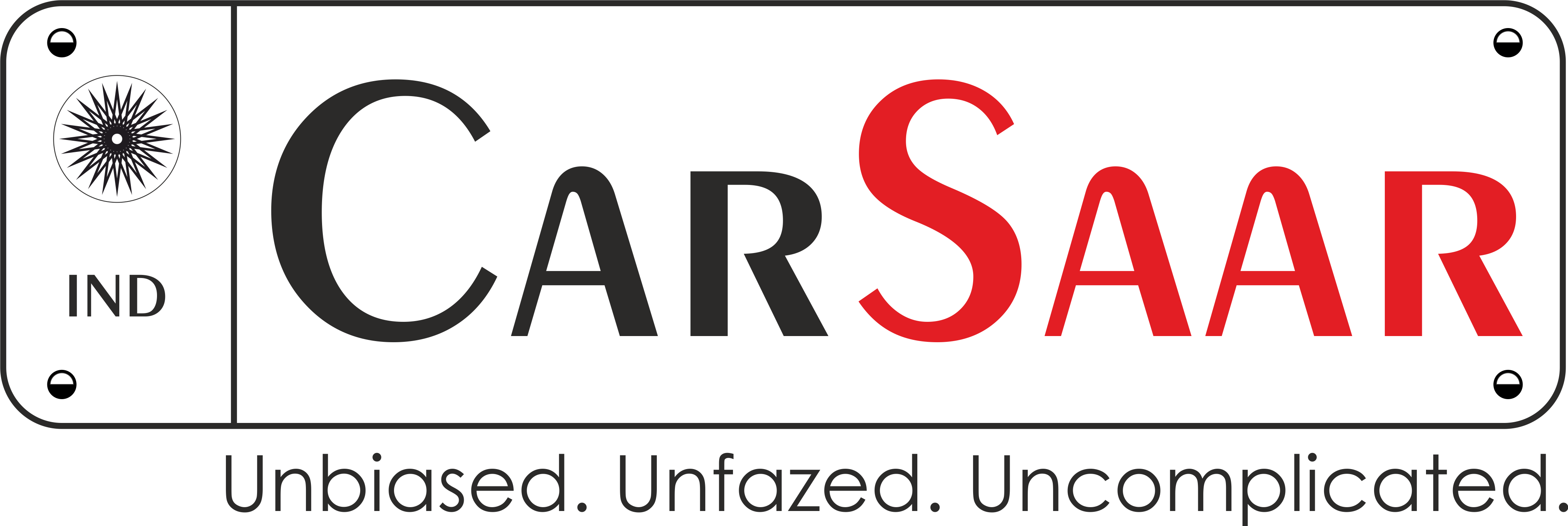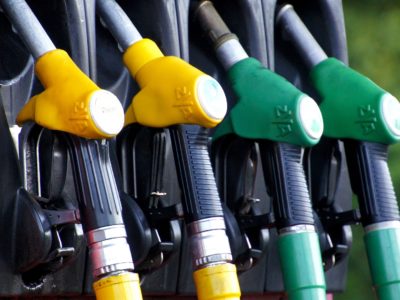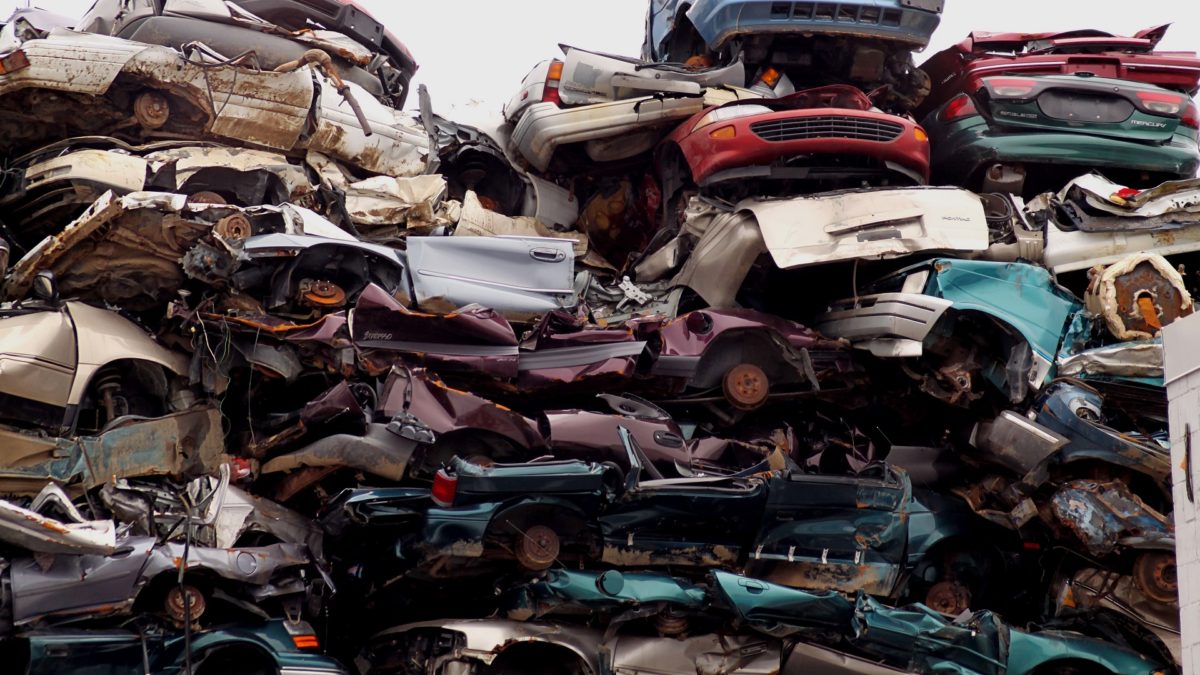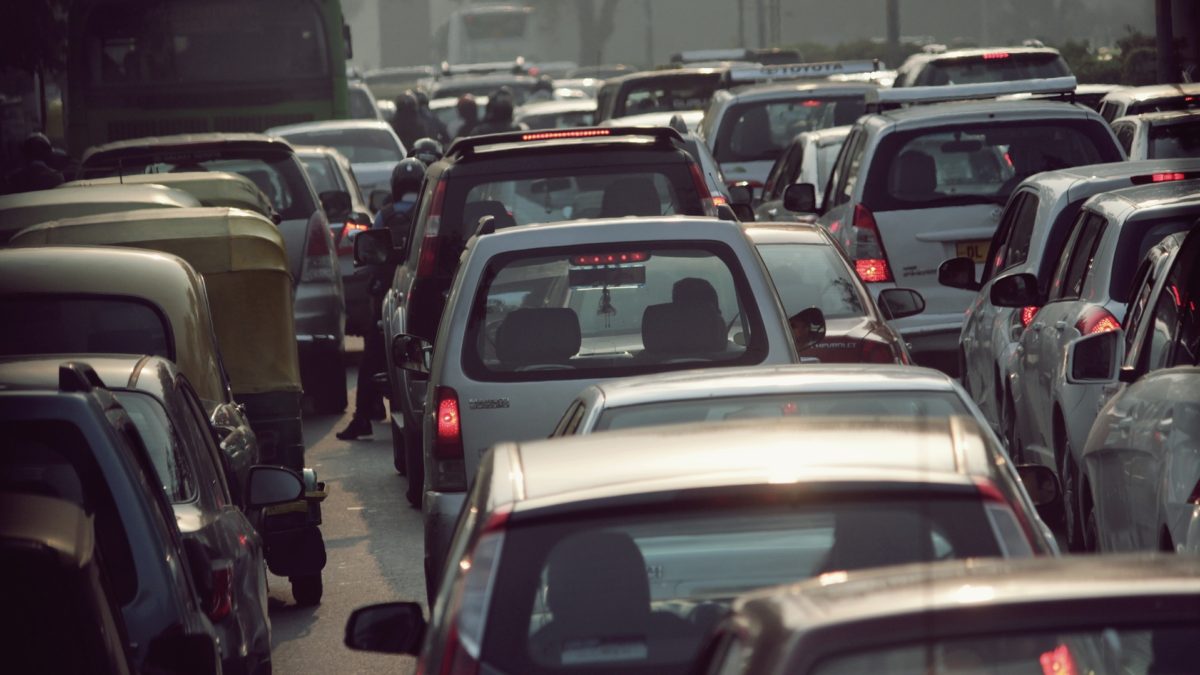Delhi Might Soon Get Real-Time Vehicular Pollution Check Tech
Getting a PUC (Pollution Under Control) certificate is, as we all know, mandatory for all kinds of vehicles plying on our roads. But such passive control measures always have their own set of loopholes – a malfunctioning pollution-check machine is just one of them. What if every vehicle that is on the move is scanned for pollution levels on a real-time basis? Will that expedite the “cracking down on violators” process for steep penalties? Well, the Environment Pollution (Prevention and Control) Authority (EPCA) thinks so.
The government-run body has submitted a report to the Supreme Court of India for the introduction of remote-sensing technology for polluting vehicles. The proposal states that the Ministry of Road Transport and Highways (MoRTH) should consider a report filed by the International Centre for Automotive Technology (ICAT) that recommends for defining a pollutant-specific cut-point for every fuel, technology or Bharat Emission norm.
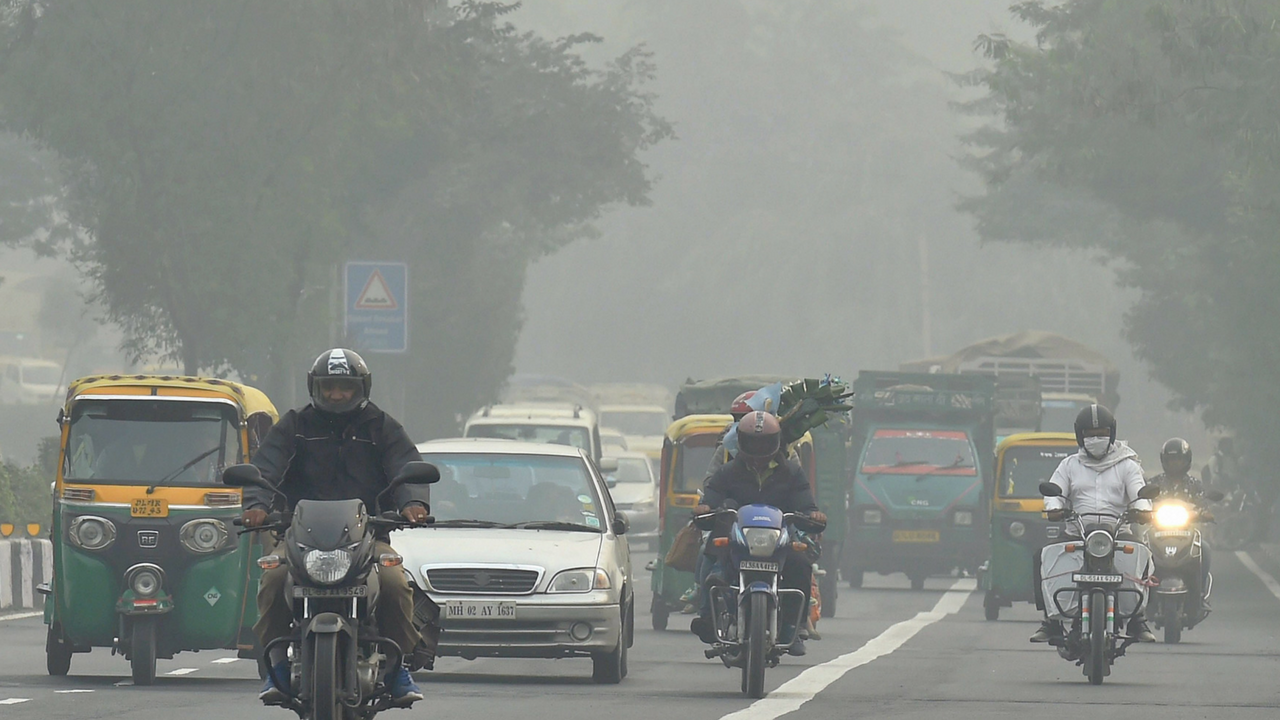
Once those definitions are in place, the report suggests that polluting vehicles can be bifurcated into two categories – extreme polluters and high emitters. For the former category, the report recommends that all vehicles which fall under 99th percentile of the values in the ICAT report will be included. For the latter category, 95th percentile of values has been pitched for consideration.
For successful enforcement of this technology, the EPCA suggests that MoRTH should devise stringent penalties against violators, including cancellation of vehicle insurance. The submitted report further states that the violator should get a period between 30-60 days for corrective action. Once a vehicle undergoes that, it would be tested thoroughly before getting an okay for commutes.
Also Read: Standalone ‘Own Damage’ Motor Insurance Up For Grabs From September 1
We’ve all seen those L-shaped poles which are rooted in dividers and sprout-out over the width of the road for CCTV cameras. Either on the same poles or on additional ones, automated pollution checking sensors can scan each and every vehicle that passes by for pollutants like NO, NO2, HC, CO, CO2 and opacity. The data collected will be stored in a secure location as well as linked to ‘Vaahan’ database.
Also Read: Here’s All You Need To Know About The Amended Motor Vehicle Bill
For the procurement of such technology, the report suggests for a tender roll-out within a period of three months. To get things started, the EPCA recommends five such remote-sensing setups for the border points of Delhi. Once those five have been operational for a year, an additional ten more such setups should be procured – the report proposes.

